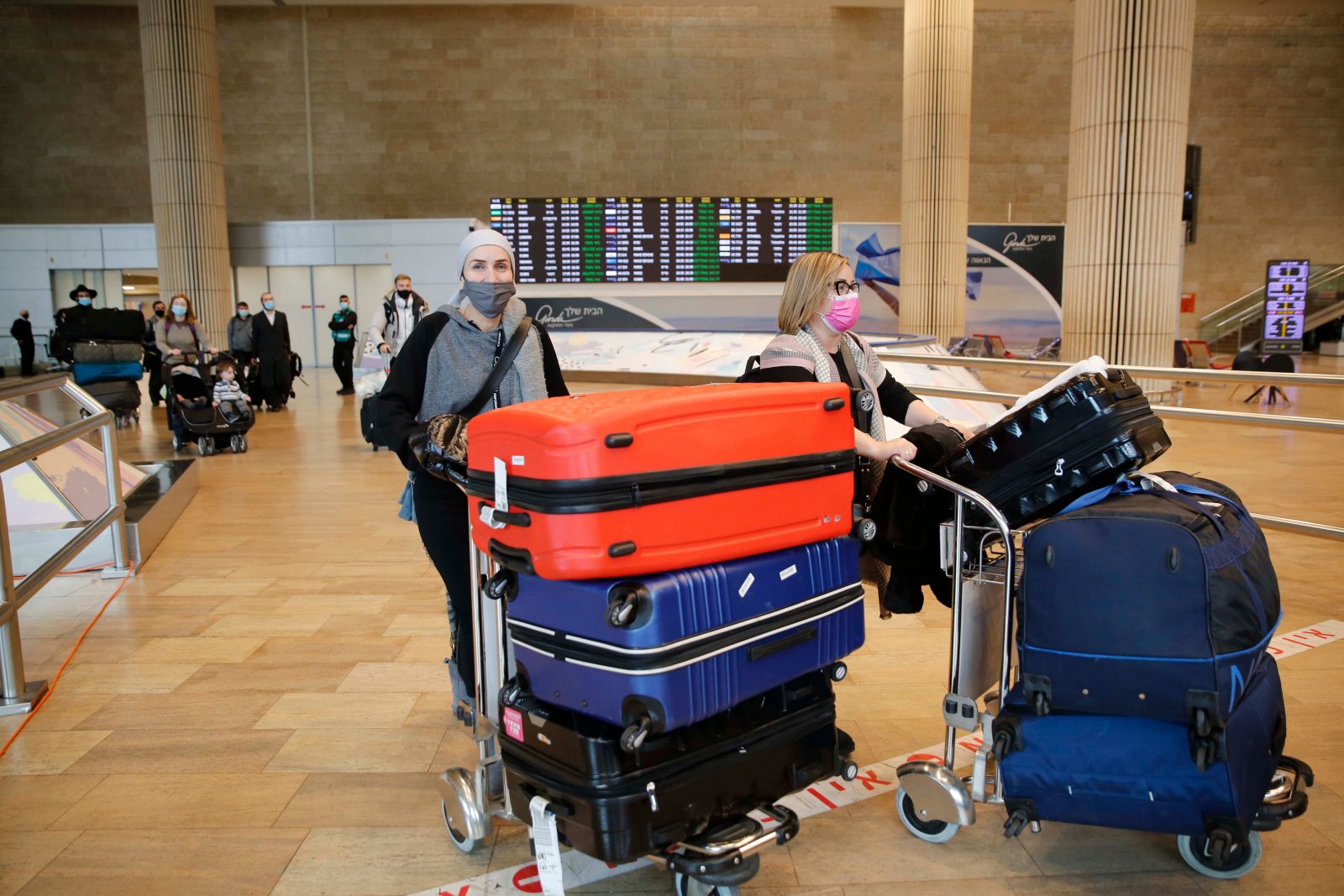
Israel could shutter Tel Aviv airport to all non-essential travellers if COVID-19 cases continue to rise just weeks after the government dropped a face mask mandate and all social distancing rules. The Delta variant is blamed for the surge in new cases with health officials claiming 10 per cent of infections are among returning travellers.
Closing Tel Aviv’s Ben Gurion International Airport is the most drastic of all the options the government is considering according to sources quoted by local media but the idea hasn’t been outright rejected and is still on the cards if hospital admissions and Coronavirus-related deaths tick up much further.

The new Israeli government under the leadership of Prime Minister Neftali Bennett has already reintroduced quarantine on arrival for all travellers, although in most cases passengers only have to isolate for 24-hours while they wait for negative test results.
But since Friday, travellers from 15 countries with what is considered high rates of infection must quarantine for a full seven days after arrival. The countries are: United Arab Emirates, Seychelles, Ecuador, Ethiopia, Bolivia, Guatemala, Honduras, Zimbabwe, Zambia, Namibia, Paraguay, Chile, Colombia, Costa Rica, and Tunisia.
And from next Friday, the list of high-risk countries will be expanded to include: the United Kingdom, Cyprus, Turkey, Georgia, Uganda, Myanmar, Fiji, Panama, Cambodia, Kenya, and Liberia.
Bennett describes recently reimposed COVID-19 restrictions, like the wearing of face masks indoors, as “soft suppression” tactics but he has taken a decidedly tougher stance on international travel and warned Israeli’s not to even bother booking flights for the foreseeable future.
Israeli’s don’t appear to be heeding the advice of either the Prime Minister or health officials. On Sunday alone, some 22,000 passengers departed from Ben Gurion airport according to The Times of Israel. Passenger numbers are set to reach a new high next month.
But the number of countries on a list of destinations considered to have very high rates of infection and where Israelis are banned from travelling could be expanded. So far the list includes Brazil, India and South Africa, along with five other countries but Spain and Kyrgyzstan will also be added to the list next Friday.
Last week Bennett suggested the entire world could be classed as very high risk if it stopped Israelis from going away on holiday.
International travel was barred for long periods under the Netanyahu administration’s Coronavirus response but a near all-out flight ban could be the least of worries for many Israelis. If cases continue to tick up despite Israel’s impressive vaccination rate, Bennett hasn’t ruled out ordering yet another lockdown.
Photo Credit: Gil Cohen Magen / Shutterstock.com
Mateusz Maszczynski honed his skills as an international flight attendant at the most prominent airline in the Middle East and has been flying ever since... most recently for a well known European airline. Matt is passionate about the aviation industry and has become an expert in passenger experience and human-centric stories. Always keeping an ear close to the ground, Matt's industry insights, analysis and news coverage is frequently relied upon by some of the biggest names in journalism.







